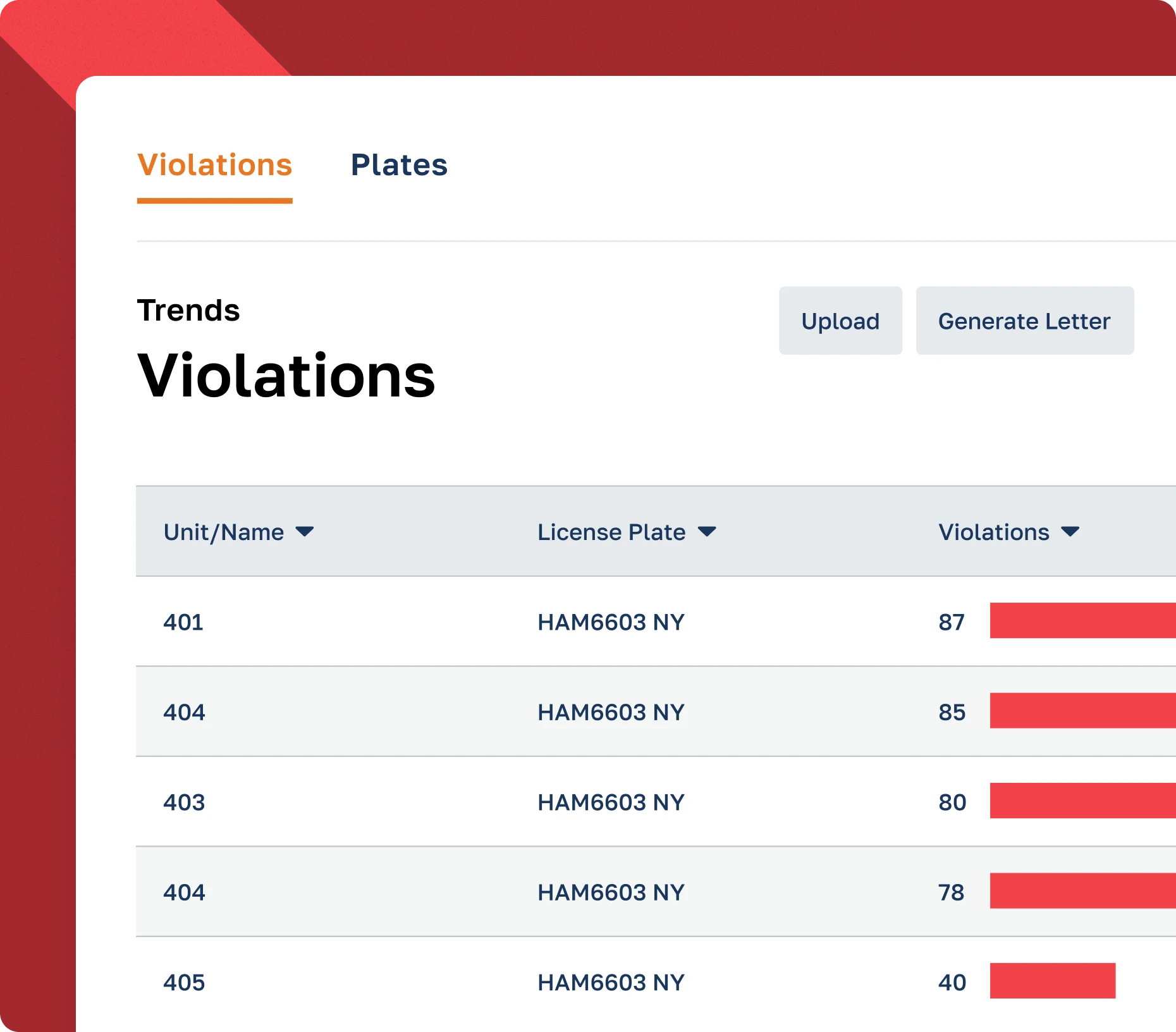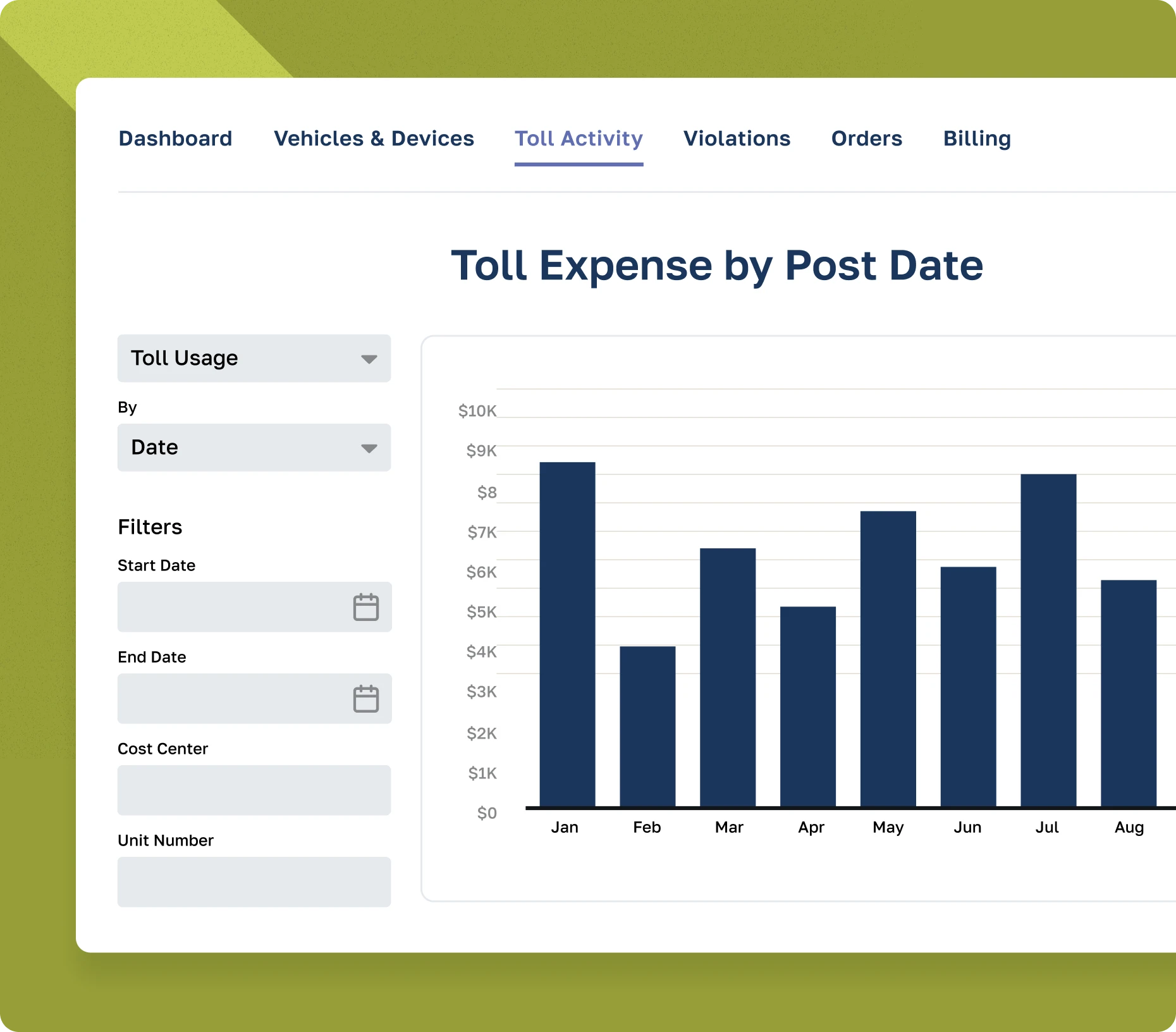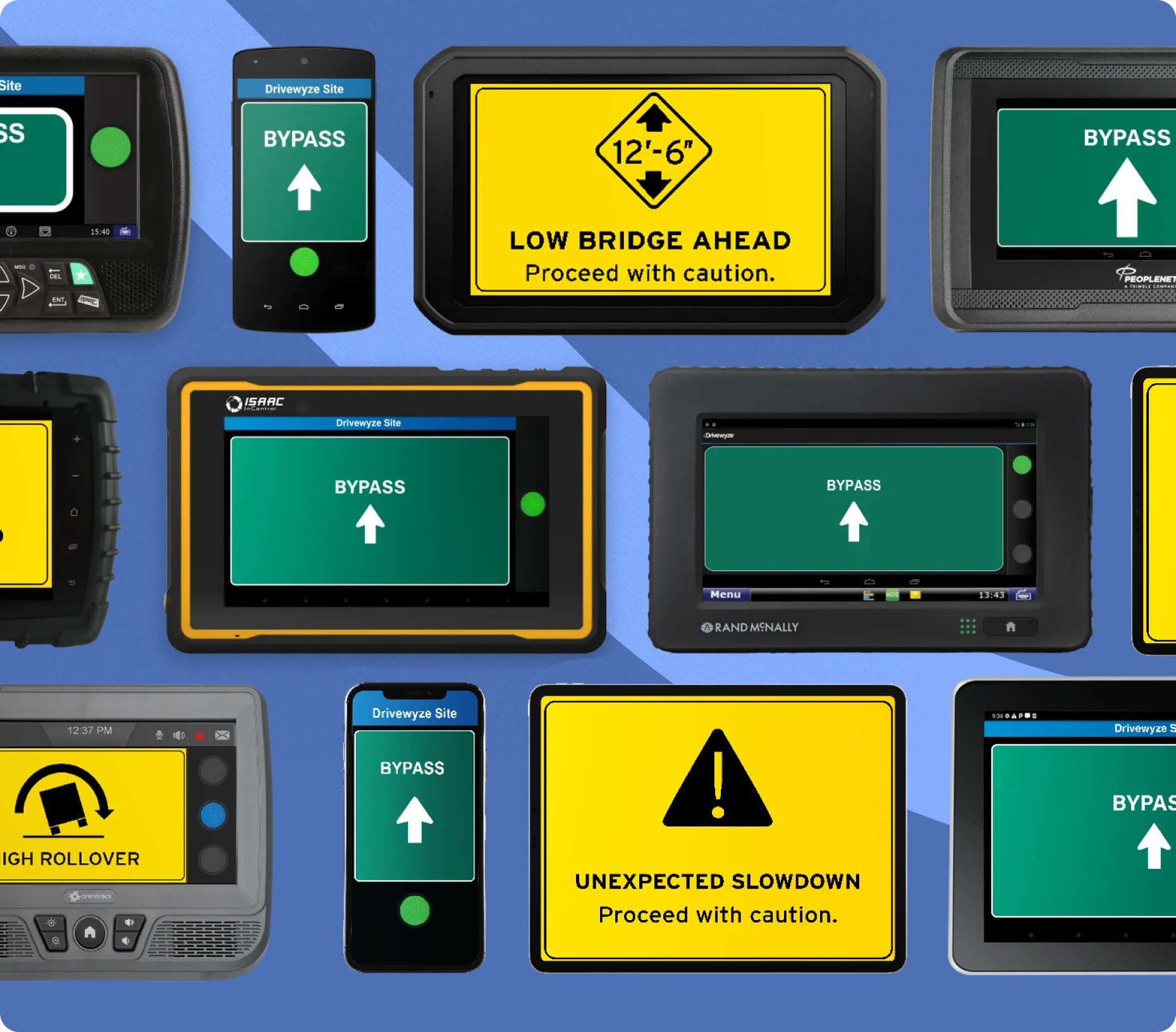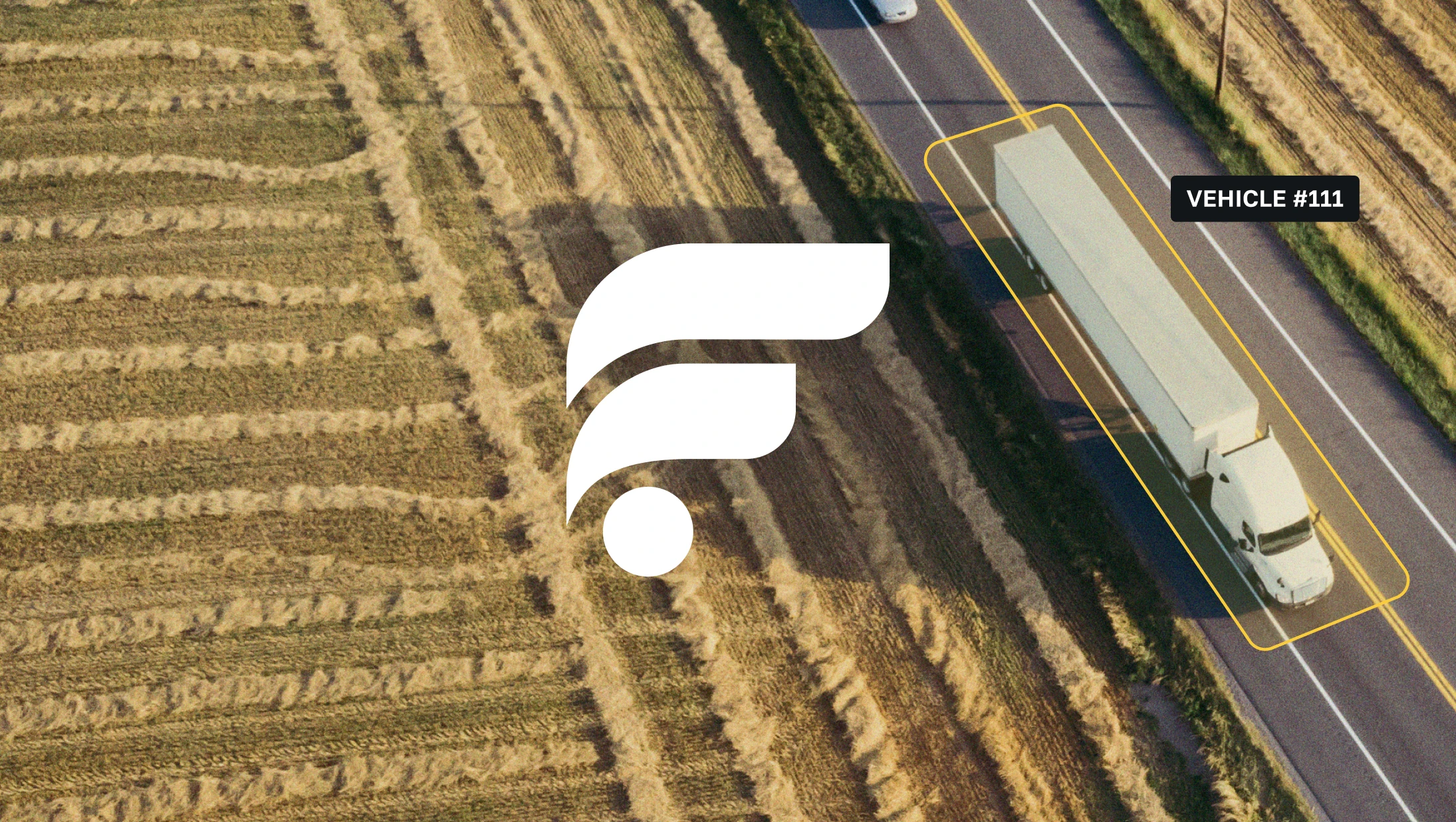Bestpass-Fleetworthy Solutions Announces Rebrand, Changes Name to Fleetworthy
What Is a Fleet Compliance Checklist?

A fleet compliance checklist is a structured guide that helps transportation companies ensure they meet all regulatory requirements set by the Department of Transportation (DOT) and Federal Motor Carrier Safety Administration (FMCSA). It outlines the documents, inspections, and processes needed to keep both drivers and vehicles legally compliant.
A typical fleet compliance checklist includes verifying driver qualification files (CDLs, medical exams, drug testing), ensuring vehicle maintenance and DOT inspections are up to date, and confirming that electronic logging device (ELD) data and Hours of Service (HOS) logs are accurate. It also covers record-keeping, accident reporting, and training documentation.
Using a fleet compliance checklist helps companies prepare for audits, avoid fines, and maintain safety and reliability. Many fleets use digital compliance tools or consulting services to automate and manage these requirements.
In short, a fleet compliance checklist serves as your roadmap for keeping drivers, vehicles, and operations audit-ready and fully compliant with DOT and FMCSA regulations.
What Is a Fleet Compliance Checklist and Why Do Fleets Need One?
Running a compliant fleet means managing hundreds of moving parts, from driver files to vehicle inspections to regulatory updates. A fleet compliance checklist organizes all these requirements into a single, actionable plan that helps companies stay audit-ready and reduce risk.
It’s not just a list, it’s a framework for protecting your drivers, vehicles, and operating authority.
What Should Be Included in a Fleet Compliance Checklist?
A complete checklist should cover all the major components required by the Department of Transportation (DOT) and the Federal Motor Carrier Safety Administration (FMCSA):
1. Driver Qualification (DQ) Files
-
Copy of current CDL and endorsements
-
Driver employment application and background check
-
Motor Vehicle Record (MVR) for past 3 years
-
Medical examiner’s certificate (DOT physical)
-
Annual driving record review
-
Drug and alcohol testing records
2. Vehicle Maintenance & Inspections
-
DOT inspection reports (annual and roadside)
-
Preventive maintenance logs and repair records
-
Brake, tire, and lighting inspections
-
Proof of vehicle registration and insurance
-
Maintenance schedule compliance
3. Hours of Service (HOS) & ELD Records
-
FMCSA-approved Electronic Logging Device (ELD) installed and functional
-
Accurate driver logs with duty status changes
-
Retained HOS records (minimum six months)
-
ELD malfunction procedures and documentation
4. Drug and Alcohol Testing Program
-
Pre-employment test results
-
Random and post-accident test documentation
-
Return-to-duty and follow-up testing
-
Policy acknowledgment signed by all drivers
5. Safety & Training Records
-
Proof of new driver orientation
-
Annual safety training sessions
-
Accident reports and corrective actions
-
Emergency and hazard communication procedures
6. Record-Keeping & Documentation
-
Centralized record storage (digital or physical)
-
Organized folders for audits
-
Records retention according to FMCSA timelines
Why Is a Fleet Compliance Checklist Important?
-
Audit Readiness: Having records organized prevents last-minute panic during DOT or FMCSA reviews.
-
Risk Reduction: Early detection of missing or expired documents helps avoid costly violations.
-
Improved Safety: Regular inspections and training reduce accidents and breakdowns.
-
Lower Costs: Strong compliance often leads to better CSA scores and reduced insurance premiums.
How to Use a Fleet Compliance Checklist
-
Conduct Regular Reviews – Go through the checklist monthly or quarterly.
-
Assign Responsibility – Designate staff for each area (drivers, maintenance, audits).
-
Automate Where Possible – Use compliance software to send alerts for expiring documents.
-
Train Staff Continuously – Keep drivers and managers informed about compliance updates.
-
Perform Mock Audits – Identify gaps before an official audit occurs.
Common Gaps Discovered with Checklists
-
Expired driver medical exams or CDLs.
-
Missing ELD records or inaccurate HOS logs.
-
Incomplete vehicle maintenance documentation.
-
Lack of post-accident follow-up testing.
-
Unorganized or missing compliance records.
A well-structured checklist makes these issues easier to spot and resolve proactively.
Digital vs. Manual Checklists
-
Manual Checklists: Paper-based systems can work for smaller fleets but are prone to human error.
-
Digital Checklists: Cloud-based compliance tools automatically track updates, reminders, and file storage for faster audits and less paperwork.
Most growing fleets adopt digital compliance platforms for reliability, automation, and audit readiness.
A fleet compliance checklist isn’t just a formality, it’s the foundation of an effective compliance program. By documenting all requirements for drivers, vehicles, and record-keeping, companies stay organized, safe, and ready for inspections at any time.
Whether managed manually or through compliance software, following a structured checklist helps fleets maintain operating authority, improve safety performance, and avoid costly penalties.
Need a Little More Info?

CPSuite Safety & Compliance
Fleetworthy’s legacy solution, CPSuite, allows fleets to track and manage vehicle compliance requirements effortlessly, as well as ensure drivers meet all safety and compliance standards.
With CPSuite, your fleet can easily navigate any challenges in the road ahead.

Bestpass Toll Management
Bestpass provides the leading toll management technology, allowing customers to hit the road with a single monthly statement, on-demand reporting with advanced analytics, and dedicated customer support.
With coverage for 100 percent of major U.S. toll roads, Bestpass gives you the most opportunity to save time and money.

Drivewyze Weigh Station Bypass
Drivewyze is North America’s top weigh station bypass provider, with 900+ locations and counting.
With Drivewyze by Fleetworthy, your fleet can access proactive in-cab safety alerts, skip weigh stations, and make better time.
Ready to Get Started?
The Complete Technology Suite
Looking for Even More?
Unsure What You Need?
Talk to one of our Experts today, and let us help you figure it out.
